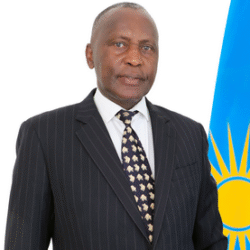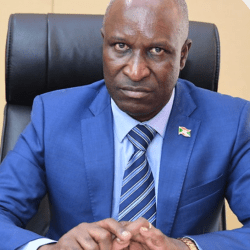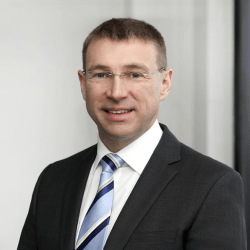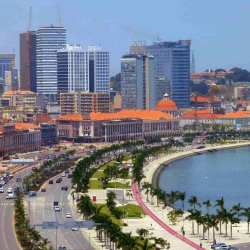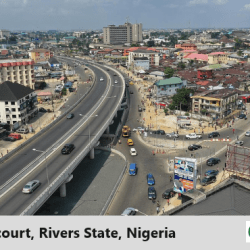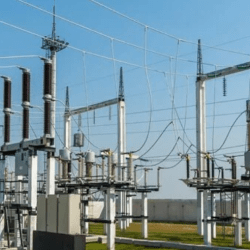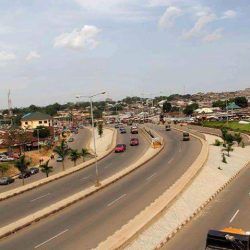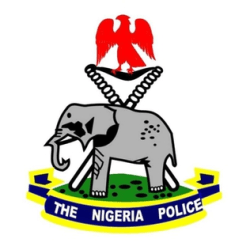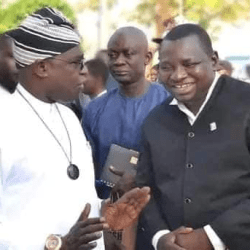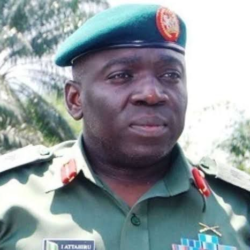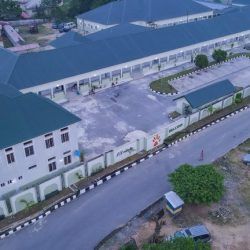The General Council of Bucharest—its structure, powers, history, and impact on the governance of Romania’s capital city
The General Council of Bucharest is the most important legislative authority of Romania’s capital city. Acting as the municipal parliament, it plays a crucial role in shaping policies, approving budgets, and making decisions that affect the daily lives of millions of residents. From managing public services to overseeing urban development projects, the council ensures that Bucharest continues to evolve as a modern European capital.
Composition of the General Council of Bucharest 2024 – 2028
| First Name, Name | Political Group | |
| 1 | Artimon Marian | PSD |
| 2 | Badiu Andrei | PNL |
| 3 | Boghean Ana – Maria | REPER |
| 4 | Botlicka Adrian | PUSL |
| 5 | Bujduveanu Stelian | PNL |
| 6 | Cășvean Cătălina | PMP |
| 7 | Chiriță Costin – Răzvan | PSD |
| 8 | Chițu Florin – Robert | PUSL |
| 9 | Cobianu Cezar – Adrian | REPER |
| 10 | Comănici Ancuța – Sorina | PSD |
| 11 | Why Andreea Ioana | PSD |
| 12 | Didiță Radu – Cristian | USR |
| 13 | Dinu Ionela – Gabriela | USR |
| 14 | Dobrescu Daniel | USR |
| 15 | Faroiu Dumitru – Silviu | PNL |
| 16 | Florescu Adrian – Constantin | PMP |
| 17 | Florescu Ștefan – Viorel | PMP |
| 18 | Gavril Nicolae Lucian | USR |
| 19 | Twin Dragoș | GOLD |
| 20 | Gherghiceanu Florentina | PSD |
| 21 | Hiohi Albert – Laurenţiu | THE FORCE OF THE RIGHT |
| 22 | Iacob Emanuel | PSD |
| 23 | Jelea Bogdan – Ion | PUSL |
| 24 | Kansou Alexandru – Hazem | PSD |
| 25 | Leonte Andreea – Iuliana | REPER |
| 26 | Manciu George – Alexandru | PSD |
| 27 | Manole Gelu Ciprian | PUSL |
| 28 | Mardarovich Diana | PNL |
| 29 | Melnic Constantin Ion | PSD |
| 30 | Mitu Răzvan – Aurel | PNL |
| 31 | Munteanu Cristina – Simona | USR |
| 32 | Nikolais Ruxandra Antonela Anaiss | PUSL |
| 33 | Nicolaie George | PNL |
| 34 | Nicorescu Nicorel | USR |
| 35 | Nițu Răzvan – Ionuț | PUSL |
| 36 | Oprea Stefan | GOLD |
| 37 | Petrescu Elena | PSD |
| 38 | Popescu Dan – Cristian | PSD |
| 39 | Sorin Purcărtion | PNL |
| 40 | Radu Dragoș – Georgian | USR |
| 41 | Renibut Anamaria – Naomi | USR |
| 42 | Sabo Bogdan – Alexandru | USR |
| 43 | Sava Alexandru | USR |
| 44 | Smighielschi Cosmin – Victor | USR |
| 45 | Stan Robert | THE FORCE OF THE RIGHT |
| 46 | St. Stefan Radu | USR |
| 47 | Stoica Ioana | PSD |
| 48 | Susai Alexandru | PSD |
| 49 | Susanu (Vîlcu) Selena – Gabriela | GOLD |
| 50 | Tănase Andrei – Valentin | PSD |
| 51 | Toiță Cătălin – Dragoș | REPER |
| 52 | Turmac George – Adrian | PSD |
| 53 | Ungureanu Nicolae | GOLD |
| 54 | Vigheciu Adrian – Nicolae | PSD |
| 55 | Zara Ovidiu Dumitru | GOLD |
Historical Background
The idea of a representative body governing Bucharest dates back to the late 19th century when Romania sought to modernize its administrative framework. However, the General Council of Bucharest in its current form was firmly established after the 1989 Revolution, which brought democracy back to the country. Since then, the council has evolved into a vital democratic institution, representing citizens and ensuring checks and balances within city governance.
Structure and Composition
The council is composed of elected representatives chosen through local elections every four years. The number of councilors may vary, but they typically represent different political parties, ensuring a balance of opinions and interests.
At the head of the council stands the Mayor of Bucharest, who collaborates with the council but is not above it. Instead, the mayor works with the council to propose projects, execute approved plans, and ensure city-wide governance. The council itself elects a President of the General Council, who leads debates and organizes the legislative agenda.
Powers and Responsibilities
The General Council of Bucharest has a wide range of powers, making it one of the most influential local government bodies in Romania:
- Legislative Role: Passing local regulations and laws.
- Budgetary Control: Approving and overseeing the city’s budget.
- Urban Development: Authorizing construction projects, public works, and infrastructure improvements.
- Public Services: Managing public transport, waste collection, health services, and cultural institutions.
- Community Welfare: Supporting education, social services, and environmental policies.
Relationship with Sector Councils
Bucharest is divided into six administrative sectors, each governed by its own local council and mayor. While the sector councils handle local issues such as neighborhood improvements and smaller-scale projects, the General Council of Bucharest manages city-wide policies, major investments, and infrastructure that affect the entire capital. This division of powers ensures that governance is both local and metropolitan in scope.
Committees and Specialized Functions
To handle its vast responsibilities, the General Council is divided into specialized committees:
- Finance and Economic Development Committee – Oversees budgets, taxation, and economic growth initiatives.
- Urban Planning and Public Works Committee – Approves construction permits, zoning, and infrastructure projects.
- Culture, Education, and Social Services Committee – Supports cultural institutions, schools, and welfare programs.
These committees allow the council to function more efficiently by delegating expertise-based decision-making.
Decision-Making Process
Decisions in the General Council are made through democratic debate and voting. Proposals can come from the mayor, councilors, or citizens through petitions. Before approval, draft laws and projects often undergo public consultation, ensuring transparency and citizen participation in local governance.
Elections and Mandates
Members of the council are elected through a proportional representation system, giving political parties seats based on their share of the vote. Each mandate lasts four years, after which new elections are held. This democratic process allows citizens to influence how Bucharest is managed and ensures accountability from elected representatives.

Importance of the General Council
Without the General Council of Bucharest, the city would lack coherent governance. Its ability to manage finances, regulate urban development, and oversee public services makes it essential for maintaining order and progress in a metropolis of over two million residents.
The council also represents democratic values at the local level, ensuring that policies reflect the needs and desires of Bucharest’s citizens.
Frequently Asked Questions (FAQs)
1. What is the General Council of Bucharest?
It is the legislative authority of Romania’s capital city, responsible for passing laws, approving budgets, and managing city-wide policies.
2. How is it different from sector councils?
Sector councils govern smaller districts of Bucharest, while the General Council manages policies that affect the entire city.
3. How are members elected?
Members are elected every four years through proportional representation in local elections.
4. Who leads the General Council?
The council is presided over by a President, elected from among the councilors, while the Mayor of Bucharest collaborates with the council but has separate executive powers.
5. What are the main responsibilities of the council?
Its main duties include managing budgets, urban development, public services, and social welfare programs.
6. Why is the General Council important?
It ensures democratic governance, effective management of public resources, and the long-term development of Bucharest.
The General Council of Bucharest stands at the heart of the city’s governance. By balancing the powers of the mayor and the sector councils, it ensures that Bucharest functions smoothly as a capital city. From shaping urban development to overseeing public services, the council continues to play a central role in improving the lives of residents and maintaining Bucharest’s status as a vibrant European metropolis.
